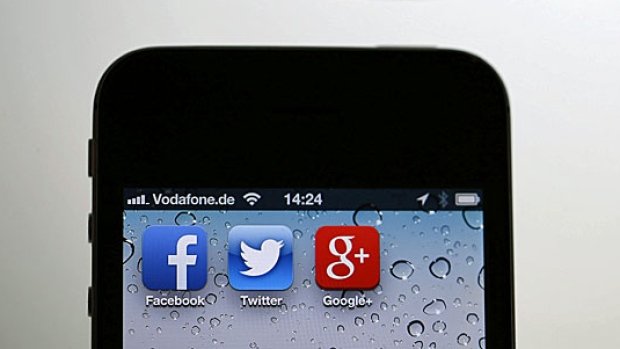
From CBC
There was a time that oil companies ruled the globe, but "black gold" is no longer the world's most valuable resource — it's been surpassed by data.Read more here: http://www.cbc.ca/news/technology/data-is-the-new-oil-1.4259677The five most valuable companies in the world today — Apple, Amazon, Facebook, Microsoft and Google's parent company Alphabet — have commodified data and taken over their respective sectors.
"Data is clearly the new oil," says Jonathan Taplin, director emeritus of the USC Annenberg Innovation Lab and the author of Move Fast and Break Things: How Google, Facebook and Amazon Cornered Culture and Undermined Democracy.
But with that domination comes responsibility — and jurisdictions are struggling with how to contain, regulate and protect all those ones and zeros.
For instance, Google holds an 81 per cent share of search, according to data metrics site Net Market Share.
By comparison, even at its height, Standard Oil only had a 79 per cent share of the American market before antitrust regulators stepped in, Taplin says.
Selling access
What "the big five" are selling — or not selling, as in the case of free services like Google or Facebook — is access. As we use their platforms, the corporate giants are collecting information about every aspect of our lives, our behaviour and our decision-making. All of that data gives them tremendous power. And that power begets more power, and more profit.
On one hand, the data can be used to make their tools and services better, which is good for consumers. These companies are able to learn what we want based on the way we use their products, and can adjust them in response to those needs.
"It enables certain companies with orders of magnitude more surveillance capacity than rivals to develop a 360-degree view of the strengths and vulnerabilities of their suppliers, competitors and customers," says Frank Pasquale, professor of law at the University of Maryland and author of Black Box Society.
Follow @contentjunkie to stay up to date on more great posts like this one.

Probably in future there will be no such thing as personal privacy. Big companies will encourage us to publish our personal information more and more (as in the case of Facebook). CCTVs and webcams will provide the rest of needed information. I wouldn't be surprised if in next, let's say, 20 years, all the information about everybody would be in one huge database and it would be impossible to hide something.
Great way to earn money thanks for the recommendations
This post received a 1.5% upvote from @randowhale thanks to @contentjunkie! For more information, click here!
This post has been ranked within the top 80 most undervalued posts in the first half of Aug 26. We estimate that this post is undervalued by $9.92 as compared to a scenario in which every voter had an equal say.
See the full rankings and details in The Daily Tribune: Aug 26 - Part I. You can also read about some of our methodology, data analysis and technical details in our initial post.
If you are the author and would prefer not to receive these comments, simply reply "Stop" to this comment.
Maybe the post is the most undevalued.. but the information it gives is the most valued
This post has received a 12.45 % upvote from @booster thanks to: @contentjunkie.
This post has received a Bellyrub and 15.08 % upvote from @bellyrub thanks to: @contentjunkie. Send SBD to @bellyrub with a post link in the memo field to bid on the next vote, every 2.4 hours. Be sure to vote for my Pops, @zeartul, as Steem Witness Hope you enjoyed your bellyrub!